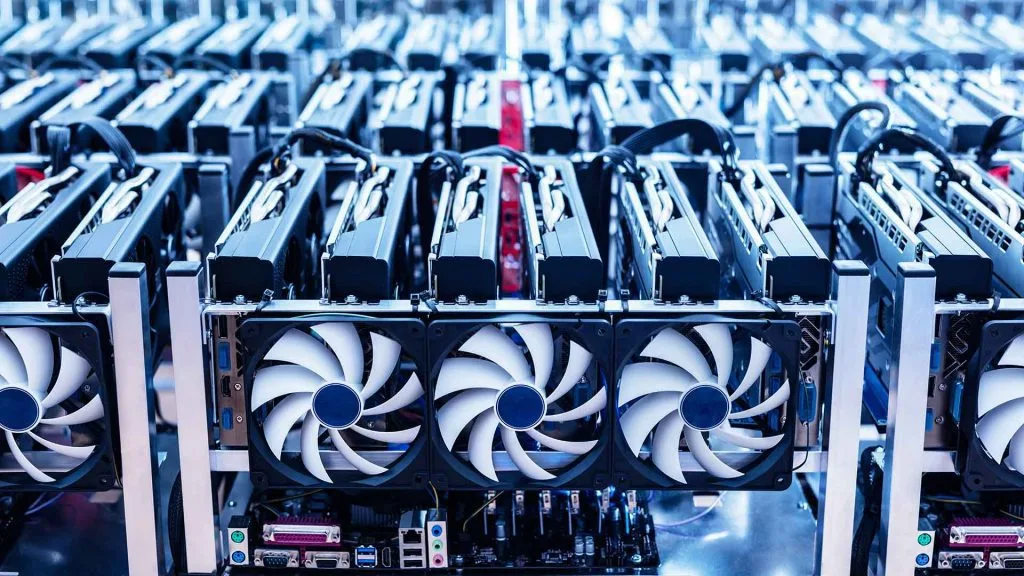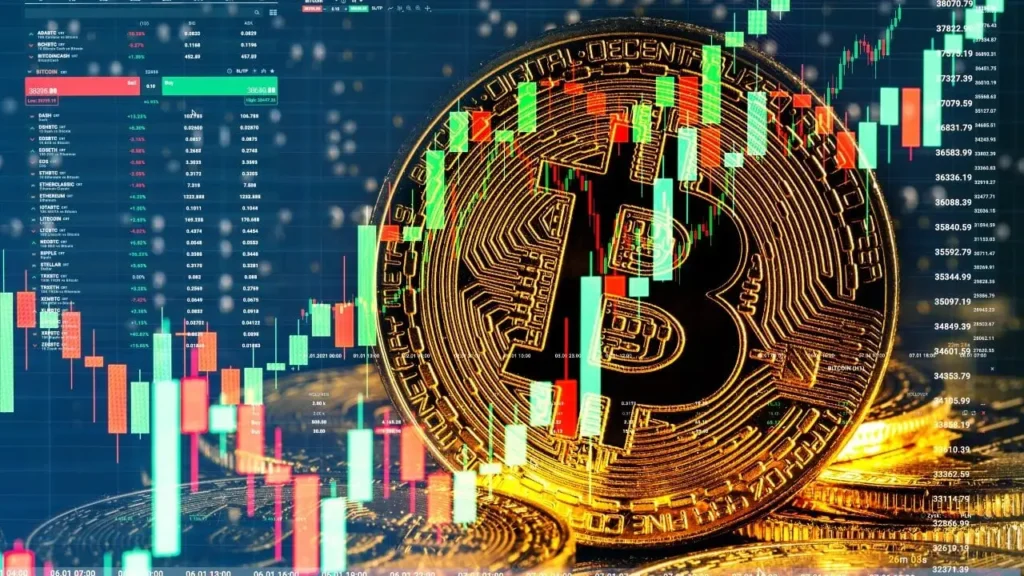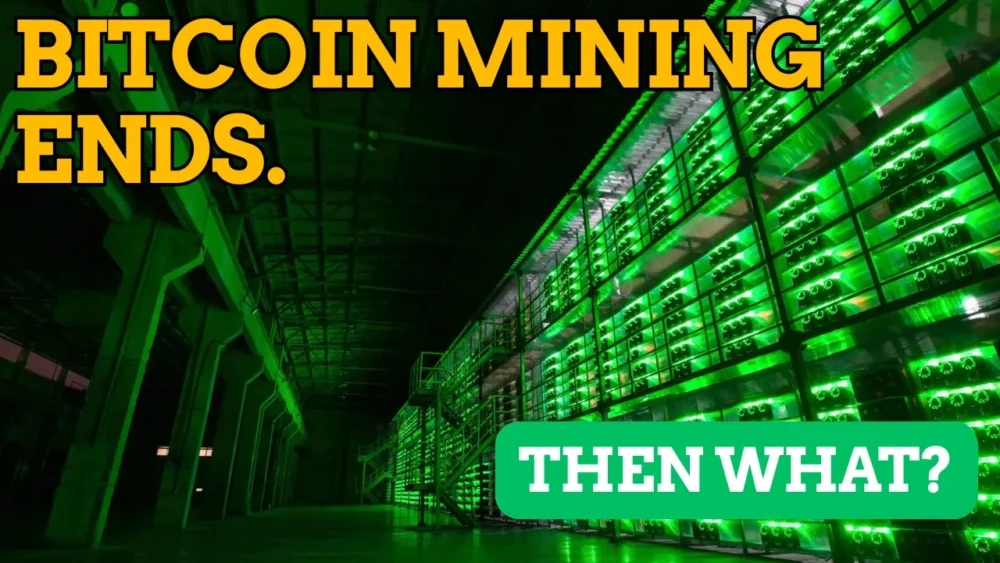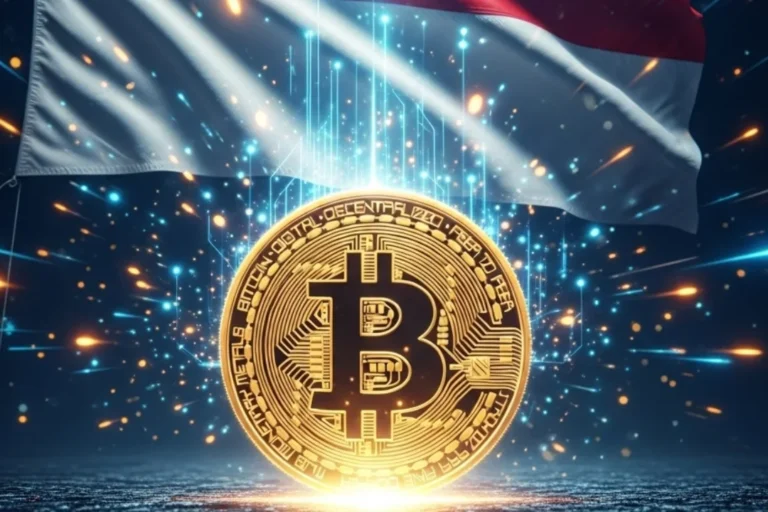One day, Bitcoin mining will stop. Then what?
That’s a question I hear often, especially from people just getting into crypto. They wonder what will happen to miners, the network, and Bitcoin itself once all 21 million coins are mined.
Let’s break it down simply.
Why Bitcoin Can’t Be Mined Forever
Bitcoin has a fixed supply. There will only ever be 21 million Bitcoins. This limit was coded by Satoshi Nakamoto to keep it scarce like gold.
Currently, miners earn new Bitcoins by adding blocks to the blockchain. But roughly every four years, the amount they earn gets cut in half. This is called the halving event.
At some point, probably around 2140, the very last Bitcoin will be mined. After that, no more new Bitcoins will be created.
What Happens to Miners Then?

Here’s where many people get confused.
Mining does two things:
- Creates new Bitcoins (block rewards)
- Processes and secures transactions (getting paid with fees)
Miners won’t just stop working when all Bitcoins are mined. Their role will shift a bit. Instead of getting paid with new Bitcoins, they’ll earn money purely from transaction fees.
Imagine miners as security guards watching over a huge digital vault. Even if no new gold gets added to the vault, people still pay these guards to:
- Keep the vault safe
- Unlock it when someone wants to deposit or withdraw gold
It’s the same with Bitcoin. Miners will keep the network secure and process transactions. Every time someone sends Bitcoin, they include a small fee. That’s what pays the miners to confirm and record their transfers.
So yes, no more new Bitcoins will be created. But miners won’t vanish. As long as people keep using Bitcoin, miners will keep running their machines, protecting the blockchain, and earning fees for their work.
Will That Be Enough to Keep Miners Working?
That’s the big debate.
If Bitcoin remains valuable and widely used, transaction fees could be enough to keep miners running their machines. The fees might rise, but as long as there are people transacting, miners will have incentives to keep the network secure.
But if fees aren’t high enough to cover the costs of mining (electricity, hardware), some miners might stop. That could make the network less secure if too many drop out.
Could This Be a Problem for Bitcoin?

Some worry that when mining ends, Bitcoin could become less decentralized because only large miners with efficient setups can afford to keep going.
But others argue that by 2140, technology will be so advanced (and possibly energy cheap) that mining costs won’t be an issue. Plus, if Bitcoin becomes like digital gold, people will want to keep it secure, even at higher fees.
What Will Bitcoin Be Used for Then?
By that time, Bitcoin will mostly function as a store of value – like gold bars kept in a vault.
- No more mining rewards
- Only transaction fees to move coins around
People will likely hold Bitcoin rather than spend it daily. But institutions, exchanges, and big wallets will still need to move coins. They’ll pay miners for that security and transaction processing.
So, Should You Be Worried?
Not really. Here’s why:
✅ Mining won’t end soon. We’re talking over 100 years from now.
✅ The network will adapt. Fees, technology, and incentives will evolve.
✅ Bitcoin’s scarcity will remain. That’s its main value proposition.
When people ask, “What happens after mining stops?” I tell them:
Bitcoin will keep going. It was designed to survive beyond mining rewards. Miners will rely on transaction fees, and Bitcoin will continue as a scarce digital asset.
The bigger question isn’t what happens in 2140 but how we use Bitcoin today to build financial freedom for ourselves.
What’s your take on this? Share your thoughts in the comments – I’d love to hear your perspective.
If there’s something you want me to cover next, just let me know. You can follow me here on my website and my Medium to get my latest updates as soon as they drop! You can also contact me through X @AskaraJr and Linkedin




Pingback: How Rare Is It to Still Hold Bitcoin from 2013? - AskaraLabs
Pingback: Crypto Then vs Crypto Now: A Nostalgic Look at What Faded Away - AskaraLabs